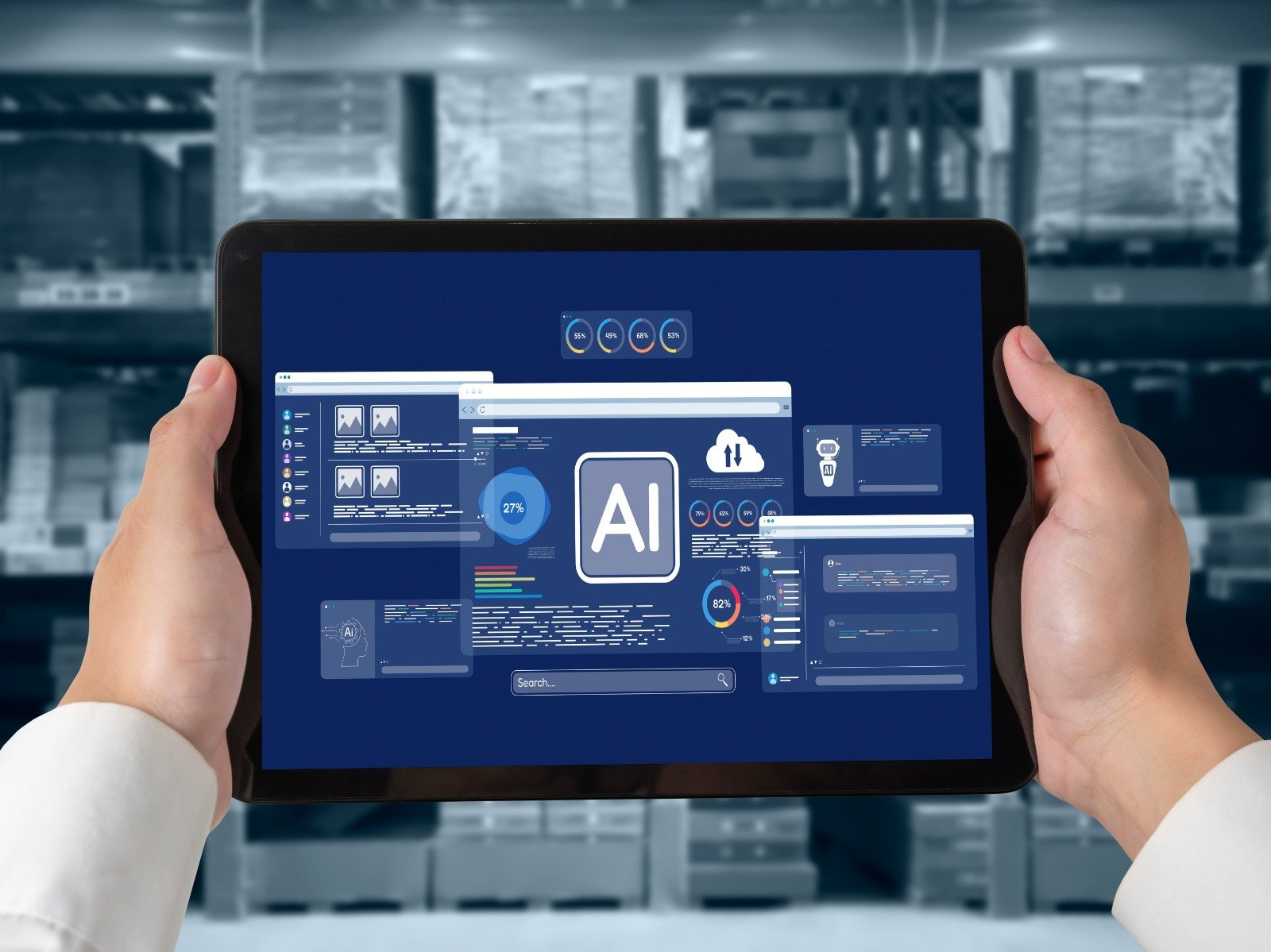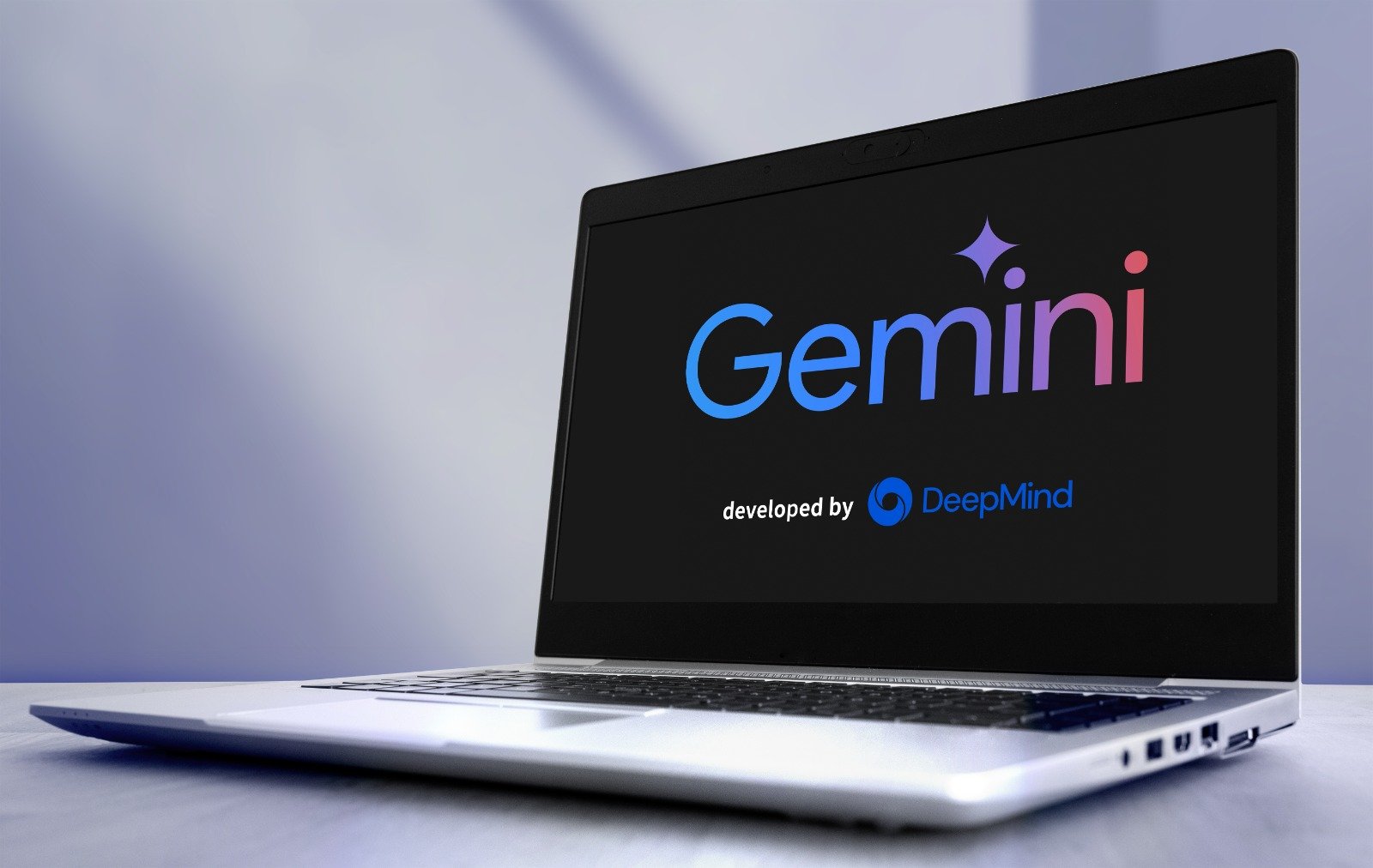When it comes to PHP frameworks, Symfony and Laravel dominate the conversation. Both are powerful, backed by thriving developer communities, and widely adopted in real-world projects. Each offers distinct advantages, making the choice highly dependent on your project’s scope and goals.
Choosing the right framework is crucial—it can influence not only how quickly you build but also how well your application performs and scales. So, which one comes out on top? Let’s break it down.
1. Performance & Scalability
Symfony: With its modular architecture, Symfony lets you use only the components you need, keeping applications optimized and efficient. Its caching system further boosts performance. Symfony is particularly well-suited for enterprise-grade, large-scale applications where robustness and scalability are non-negotiable.
Laravel: While not as performance-focused as Symfony, Laravel balances efficiency with developer experience. Its tools—like the Eloquent ORM and Blade templating engine—speed up development while maintaining decent performance. Laravel scales well too, but massive, enterprise-level applications may require additional optimization.
Winner: Symfony, especially for high-performance, large-scale systems.
2. Ease of Use
Symfony: Feature-rich but complex, Symfony has a steeper learning curve. Beginners may find it overwhelming, though the documentation and community support are excellent. Its flexibility is a double-edged sword—powerful but intricate.
Laravel: Known for its simplicity, Laravel is approachable even for beginners. Its documentation is beginner-friendly, and resources like Laracasts make learning straightforward. Laravel emphasizes developer happiness, making it ideal for fast onboarding.
Winner: Laravel, thanks to its smooth learning curve and developer-first philosophy.
3. Community & Ecosystem
Symfony: Mature and widely trusted, Symfony underpins major projects like Drupal and Magento. Its components are reusable and reliable, supported by an active global community that contributes plugins, extensions, and best practices.
Laravel: Arguably the most vibrant community in PHP development today. Beyond the framework itself, Laravel offers an entire ecosystem: Forge for server management, Vapor for serverless deployment, and Nova for admin dashboards. Combined with countless packages and tutorials, it’s a powerhouse for rapid development.
Winner: Laravel, for its sheer ecosystem and community engagement.
4. Security
Both frameworks offer excellent built-in security features:
-
Symfony: Highly configurable security components, including CSRF, XSS, SQL injection protection, and robust authentication/authorization systems.
-
Laravel: Out-of-the-box protection for common vulnerabilities, secure password hashing, and straightforward authentication scaffolding.
Winner: Tie. Both frameworks excel in keeping applications secure.
5. Testing & Debugging
Symfony: Strong integration with PHPUnit, plus tools like the profiler and debug toolbar that simplify troubleshooting and performance analysis.
Laravel: Also integrates with PHPUnit but goes further with developer-friendly testing helpers. Laravel Dusk is particularly valuable for browser automation, while the Debugbar extension makes profiling simple.
Winner: Tie, though Laravel provides extra convenience for testing workflows.
6. Deployment & DevOps
Symfony: Flexible deployment with great support for environment configurations and seamless integration into CI/CD pipelines. It’s DevOps-friendly but requires more manual setup.
Laravel: Deployment is streamlined with tools like Forge, Vapor, and Envoyer (for zero-downtime updates). These services significantly reduce operational overhead.
Winner: Laravel, thanks to its polished, developer-focused deployment tools.
7. Features & Flexibility
Symfony: A powerhouse of reusable, standalone components. Its strict adherence to best practices and high flexibility make it a solid foundation for anything from small apps to enterprise systems.
Laravel: Takes a “batteries-included” approach, offering many features out of the box. Authentication, authorization, API handling, Artisan CLI, and Eloquent ORM all streamline development. Laravel is highly productive and expressive.
Winner: Laravel, for its developer-friendly defaults and wide feature set.
Final Verdict: Symfony or Laravel?
Both frameworks shine, but their strengths align with different priorities:
-
Choose Symfony if:
You’re building a high-performance, complex, or enterprise-level system where scalability, flexibility, and long-term maintainability are critical. -
Choose Laravel if:
You want a framework that’s easy to learn, speeds up development, and comes with a vibrant ecosystem. Perfect for startups, small-to-medium projects, and applications where developer productivity matters most.
Bottom line:
-
Symfony = robustness and enterprise power
-
Laravel = ease of use and rapid development
Either way, both frameworks are excellent choices—your project’s requirements will determine the right fit.




